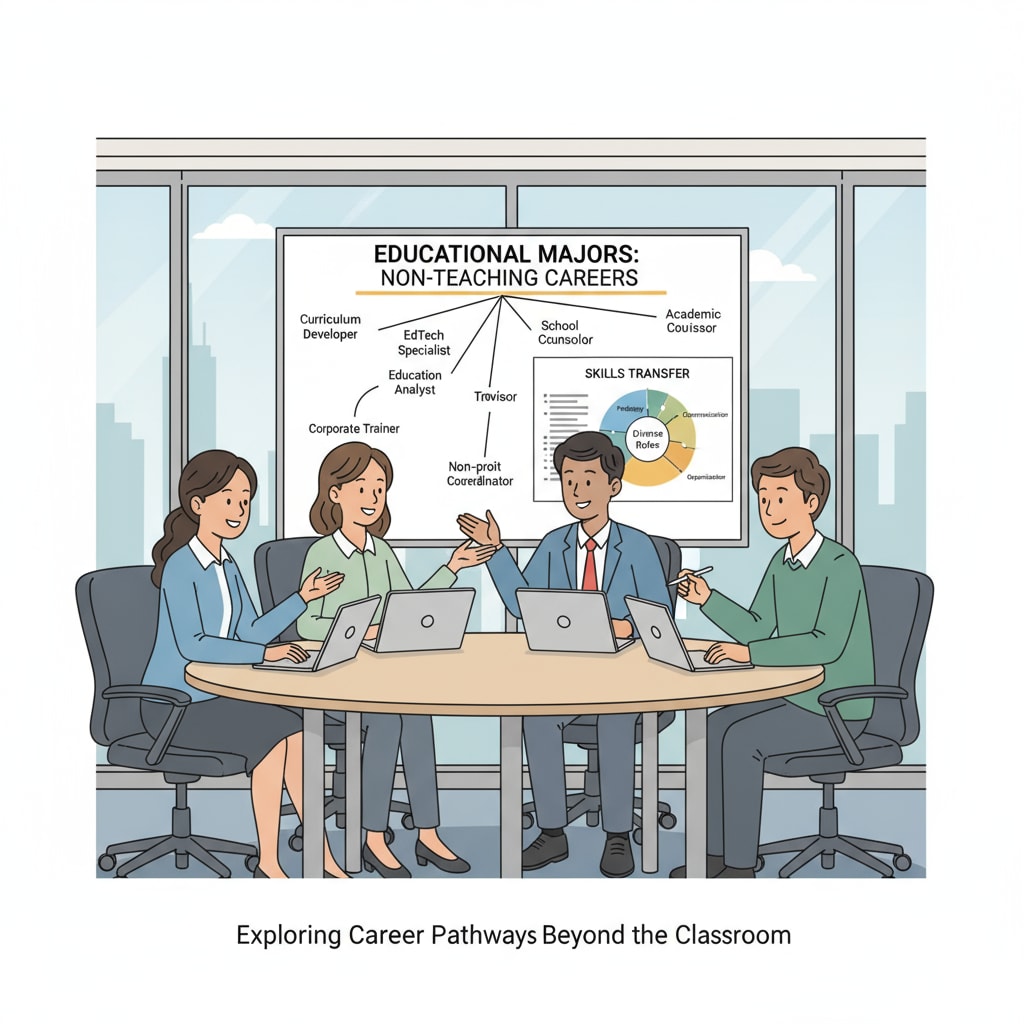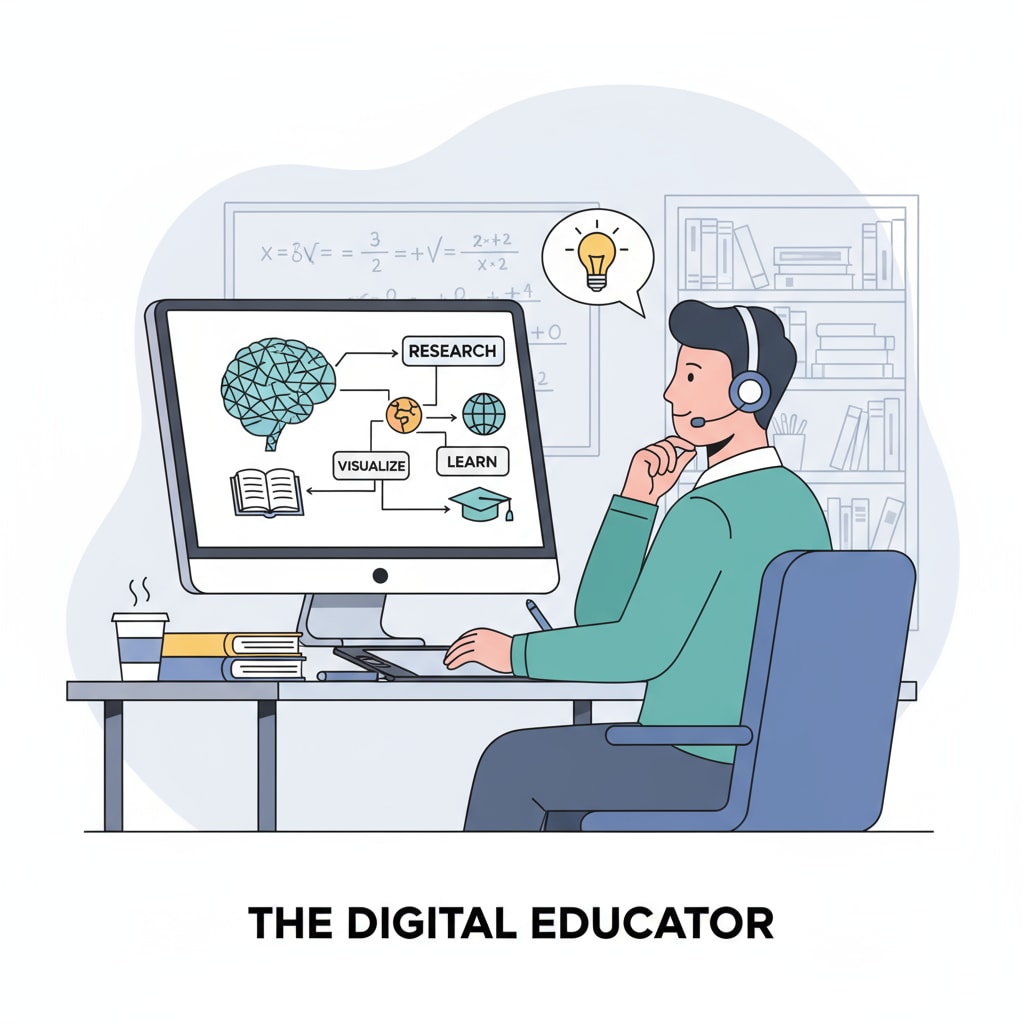Educational majors often have a passion for education, but not everyone desires a traditional full-time teaching career. In the vast landscape of K12 education, there are numerous non-teaching career development paths waiting to be explored. These alternatives offer unique opportunities to leverage one’s educational background and skills.

Educational Content Creation
One promising path for educational majors is content creation. In this role, individuals develop engaging and effective educational materials such as textbooks, online courses, and teaching guides. For example, they might create interactive e-learning modules for students in various subjects. To succeed in this field, strong writing skills, a deep understanding of educational theories, and proficiency in relevant software like Adobe Creative Suite are essential. According to Wikipedia’s page on Educational Technology, the demand for high-quality educational content is on the rise with the growth of online learning.

Educational Technology Specialist
Another viable option is becoming an educational technology specialist. These professionals bridge the gap between technology and education. They are responsible for implementing and maintaining educational technology tools in schools, such as learning management systems. They also train teachers on how to effectively use these tools. For instance, they might introduce new software for classroom management. Knowledge of educational technology trends, technical skills, and the ability to communicate with both educators and IT staff are crucial. As stated on Britannica’s page about Educational Technology, educational technology is transforming the way teaching and learning occur.
Furthermore, educational majors can also consider roles in educational administration. In this capacity, they manage school operations, handle student records, and contribute to educational policy-making. This offers a different way to impact the educational system without being directly in the classroom. In addition, educational consulting is an option where professionals provide advice to schools, districts, or educational institutions on various matters like curriculum development and strategic planning. These non-teaching career paths in K12 education provide educational majors with a wide range of choices to pursue their passions and contribute to the field of education. Readability guidance: Each section here presents a clear career option, with short paragraphs and relevant examples. The external links add credibility, and transition words like ‘furthermore’ and ‘in addition’ help with flow.


